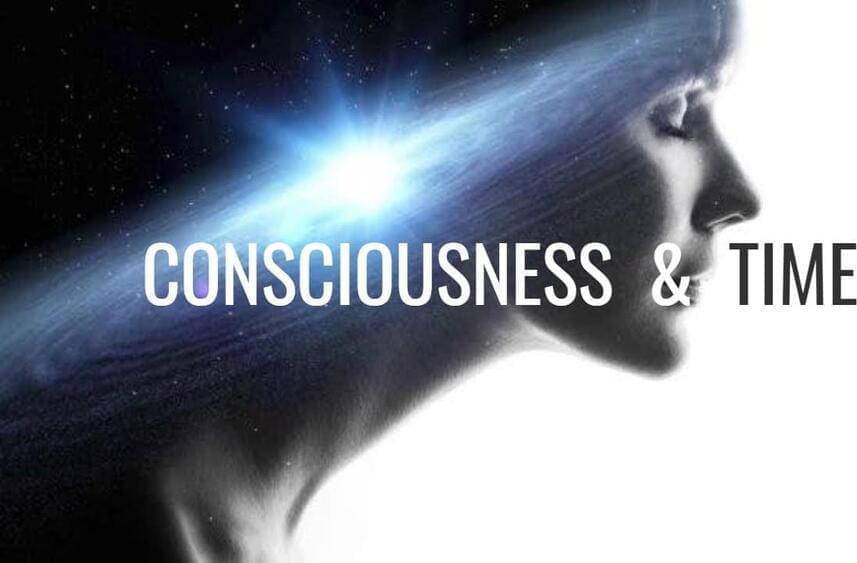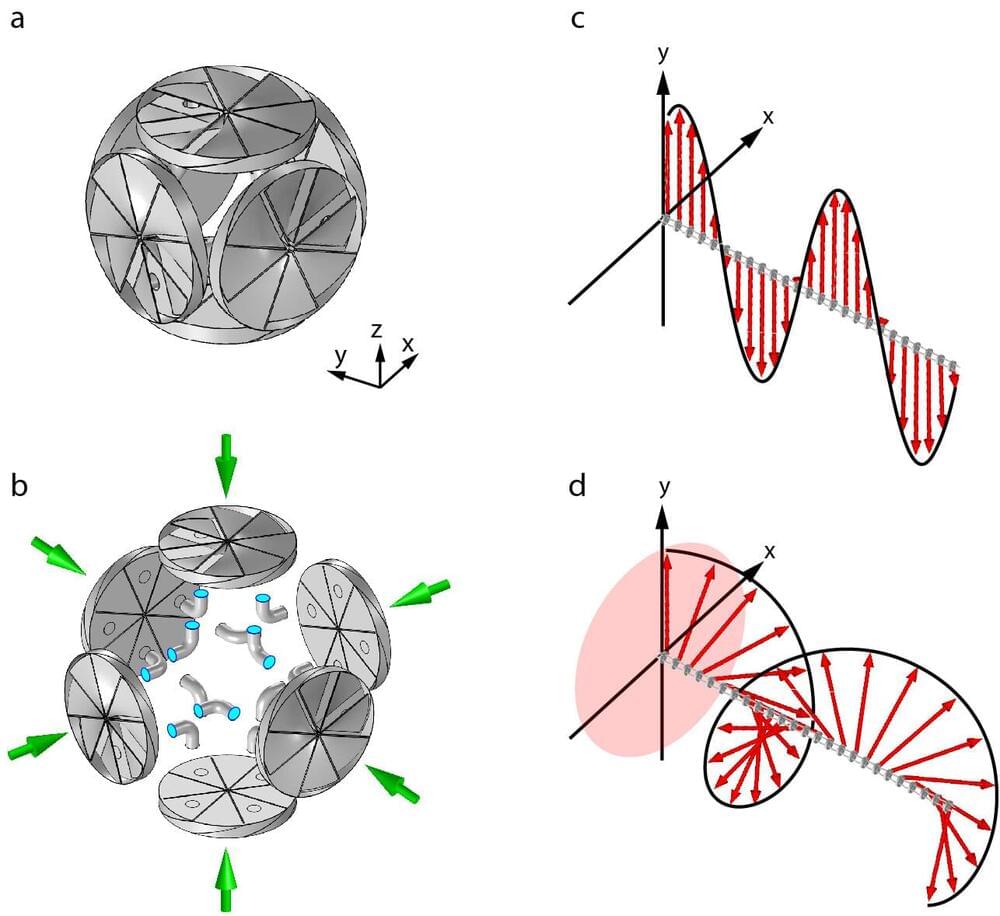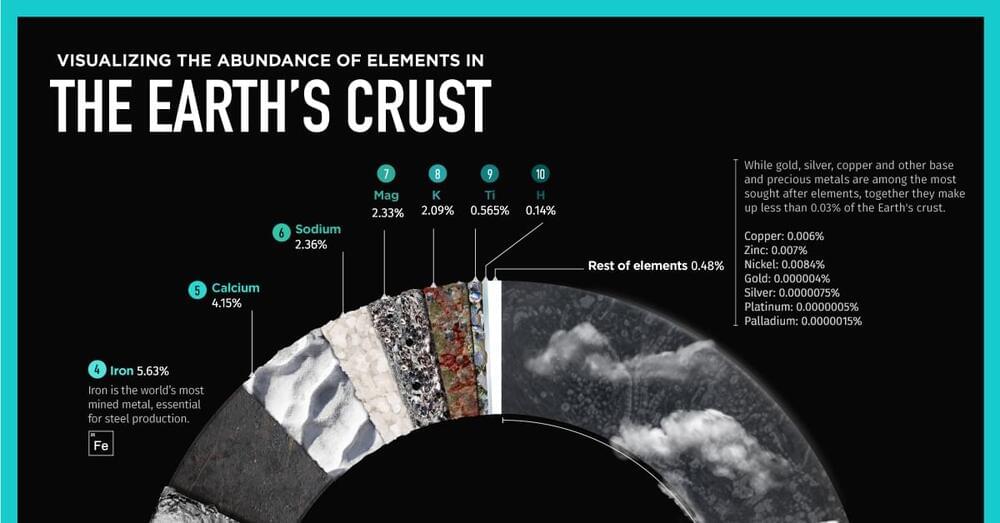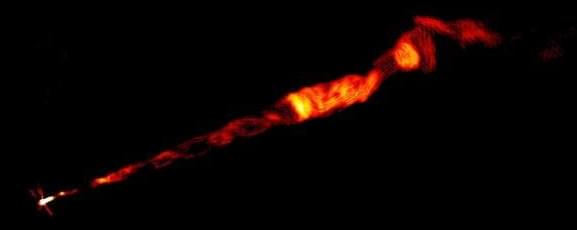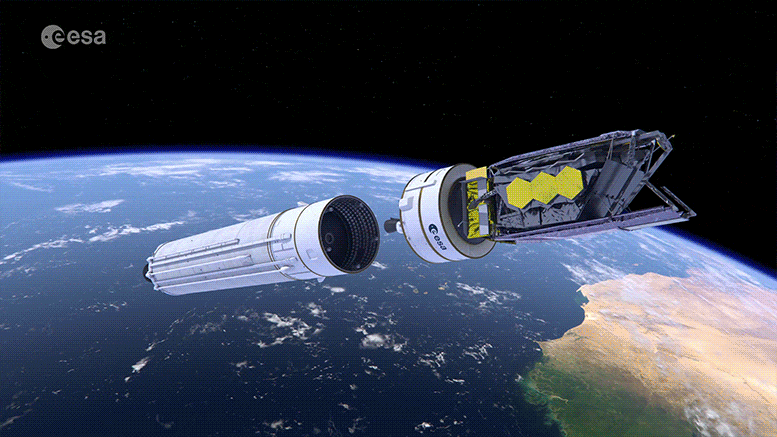Dec 8, 2021
Consciousness & Time | Part III of Consciousness: Evolution of the Mind (2021) Documentary
Posted by Alex Vikoulov in categories: computing, education, information science, neuroscience, quantum physics, singularity
Most physicists and philosophers now agree that time is emergent while Digital Presentism denotes: Time emerges from complex qualia computing at the level of observer experiential reality. Time emerges from experiential data, it’s an epiphenomenon of consciousness. From moment to moment, you are co-writing your own story, co-producing your own “participatory reality” — your stream of consciousness is not subject to some kind of deterministic “script.” You are entitled to degrees of freedom. If we are to create high fidelity first-person simulated realities that also may be part of intersubjectivity-based Metaverse, then D-Theory of Time gives us a clear-cut guiding principle for doing just that.
Here’s Consciousness: Evolution of the Mind (2021) documentary, Part III: CONSCIOUSNESS & TIME #consciousness #evolution #mind #time #DTheoryofTime #DigitalPresentism #CyberneticTheoryofMind
